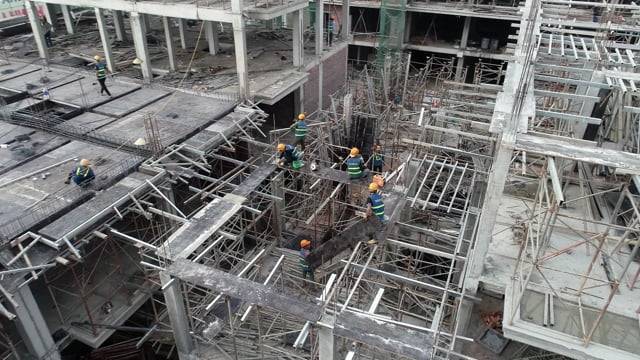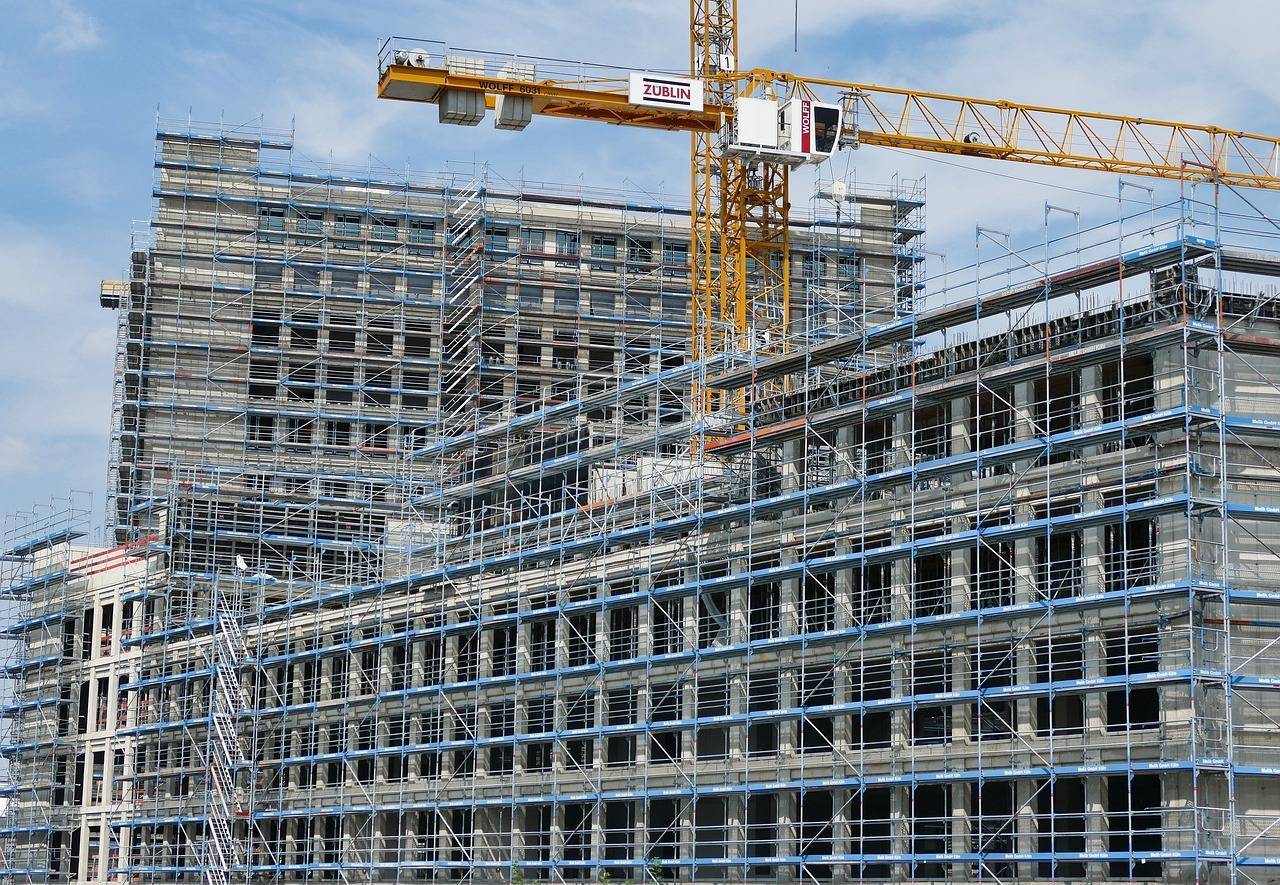The state government of Andhra Pradesh has introduced a significant reform aimed at addressing delays in the construction sector and providing much-needed relief to both builders and the general public. The government has announced that buildings up to five floors can now begin construction without requiring prior approval of building plans from the town planning wing. This decision, unveiled during the state-level municipal commissioners' conference by Municipal Administration Minister Dr. P. Narayana, is set to expedite construction timelines and reduce the bureaucratic bottlenecks that have previously hindered progress in the real estate sector.
Under the new rules, applicants can immediately begin construction work by simply submitting an application and paying the prescribed fee to the local municipal body. This change eliminates the waiting period traditionally associated with obtaining approvals from the town planning department, a process that has often been criticized for stalling construction activities. The government recognizes that such delays have adversely impacted the pace of development and caused unnecessary hardships to builders and property owners.
Dr. Narayana emphasized that while the new rules provide freedom to begin construction without delays, they do not imply that builders can deviate from their submitted plans. Compliance with the proposed plan remains a strict requirement, and any deviations will result in severe penalties. The town planning wing will function as a supervisory authority, monitoring construction activities to ensure adherence to approved plans. This shift in the role of the town planning wing, from a regulatory to a supervisory body, aims to balance flexibility for builders with accountability and oversight.
The municipal commissioners have been empowered to issue stop-work orders in cases of significant deviations or lapses in construction. This measure underscores the government's commitment to maintaining order and quality in the construction sector while enabling faster project initiation. The new policy aims to foster a more builder-friendly environment while ensuring that urban planning standards are not compromised.
This decision marks a paradigm shift in the state's approach to urban development. The traditional process of securing approvals often involved extensive delays, leading to increased project costs and a slowdown in the real estate sector. By removing this bottleneck, the government hopes to stimulate construction activity, generate employment opportunities, and contribute to the state's economic growth.
Builders and developers have welcomed the move, viewing it as a progressive step toward simplifying procedures and reducing red tape. For the common man, the reform translates to quicker access to housing, potentially easing the demand-supply gap in the real estate market. With construction activities gaining momentum, the policy is expected to have a cascading effect on related sectors such as cement, steel, and other building materials.
The reform aligns with the broader vision of streamlining administrative processes and promoting ease of doing business. It reflects a shift toward trust-based governance, where the onus is on builders to adhere to rules while the authorities focus on oversight and enforcement. This approach is expected to instill confidence among stakeholders and attract more investments into the construction sector.









.png)